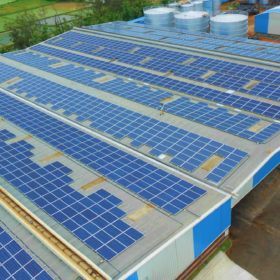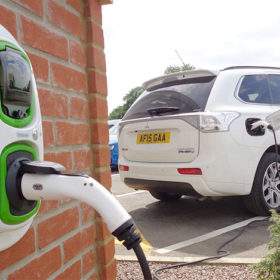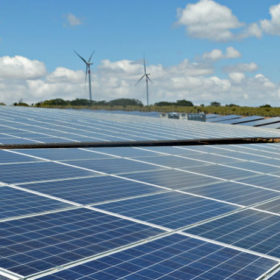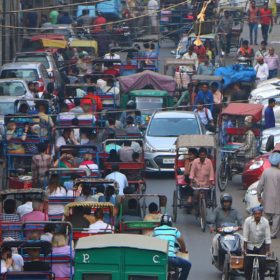Solar set for boom after a gloomy 2019
Solar installations in year 2020 are set to exceed 10 GW after a year hit by political uncertainties, module price increases associated with safeguard duty and a fewer number of awarded tenders. The outlook for battery energy storage installations for solar projects, however, is bleak as such combinations in India can cost 3-5 times more in 2020 than standalone renewable projects.
Renewable energy MoU with Saudi Arabia gets cabinet nod
Project development and value chain localization are the focus areas for cooperation between the two countries.
REIL tenders 1.3 million quantities of multicrystalline silicon solar cells
Only Indian manufacturers are eligible to bid for supply of 4.5W, 4.6W and 4.67W multicrystalline silicon solar cells. Quantities to be supplied are 500,000, 500,000 and 300,000, respectively. Bidding closes on January 6.
Qatar Holding gets CCI nod to buy 25% stake in Adani Electricity Mumbai
As part of the transaction, both the parties have agreed to ensure that over 30% of the electricity supplied by Adani Electricity Mumbai Ltd will come from solar and wind power plants by the year 2023.
Central Electronics Limited tenders 1.6 MWp rooftop solar in Tamil Nadu
January 4 is the last date to bid for the plants that are to be developed in capacities of 10 KWp to 50 KWp atop government buildings. Bids must be accompanied with bank guarantee of Rs 750,000.
AIIB approves US$65 million for Hero Future’s 250 MW solar project
The project—located in Jodhpur district of Rajasthan—is being developed by the Indian developer’s special purpose vehicle Clean Solar Power (Jodhpur).
Vikram Solar supplies modules for 300 solar pumps across West Bengal and Odisha
The government’s KUSUM scheme helps farmers install standalone solar pumps with a capacity of up to 7.5 hp. There is also support to make grid connected pumps of the same size solar powered. A PV capacity of up to twice the pump capacity in kW is allowed under the scheme.
UK University to help design EV batteries for Indian climate
The university researchers will provide expertise in the operation and management of lithium-ion batteries, environmental test facilities for battery modules and advanced battery analysis techniques.
Nuanced renewables need novel risk solutions: India Ratings
While stress in the renewable sector can only be averted if long-term viability of the project is intact, prevention of default due to issues temporary in nature is also the need of the hour—says a report by the ratings agency.
Time has come for battery swapping
Battery swapping is the ultimate expression of a sharing economy in which assets are shared to facilitate business operations—says E-Chargeup Solutions, which recently launched a battery swapping station for e-rickshaws in Noida city of Uttar Pradesh.
















